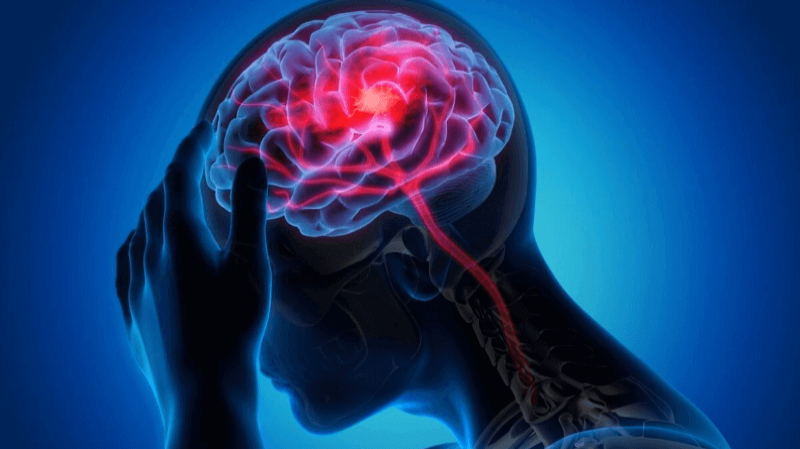 Neurology is the branch of medicine focused on the nervous system, which includes the brain, spinal cord, and nerves. Specialists address disorders impacting memory, movement, sensation, and other functions. Brain disorders, including epilepsy, Parkinson’s disease, and Alzheimer’s, are complex conditions requiring advanced diagnostic and treatment approaches. Neurologists use their expertise and various innovative tools to help patients manage these disorders effectively.
Neurology is the branch of medicine focused on the nervous system, which includes the brain, spinal cord, and nerves. Specialists address disorders impacting memory, movement, sensation, and other functions. Brain disorders, including epilepsy, Parkinson’s disease, and Alzheimer’s, are complex conditions requiring advanced diagnostic and treatment approaches. Neurologists use their expertise and various innovative tools to help patients manage these disorders effectively.
The Role of Neuroimaging in Diagnosis
Modern technologies such as magnetic resonance imaging (MRI) and computed tomography (CT) scans have revolutionized neurology by enabling neurologists to visualize the brain in remarkable detail. These neuroimaging methods help identify abnormalities like brain lesions, tumors, or areas of atrophy. Functional imaging techniques, such as positron emission tomography (PET) scans, provide insights into brain activity, aiding in diagnosing conditions like epilepsy or dementia. By leveraging these tools, neurology specialists can pinpoint the cause of symptoms and design appropriate treatment plans.
Understanding Cognitive and Memory Disorders
Memory and cognitive issues are often early indicators of neurological conditions. Disorders such as Alzheimer’s disease and other forms of dementia affect millions worldwide. Neurologists thoroughly assess these symptoms through cognitive testing and brain imaging. This allows them to distinguish between normal age-related changes and underlying conditions that require intervention. Early detection can provide more opportunities to manage symptoms and maintain brain health.
Treatment Approaches in Neurology
Treating brain disorders often requires a multidisciplinary approach. Neurologists may recommend various strategies depending on the specific condition, including medications, lifestyle adjustments, physical therapy, or surgical interventions. Recent advancements, such as transcranial magnetic stimulation (TMS), offer innovative solutions for certain neurological and mood disorders, exemplifying how treatment possibilities continue to expand.
Early Diagnosis and Its Benefits
Detecting neurological disorders in their early stages often leads to better outcomes. Conditions like multiple sclerosis or stroke benefit significantly from prompt intervention. Early diagnosis allows neurologists to develop tailored treatment plans, helping to slow disease progression and improve quality of life. Patients can take proactive steps toward effective management by addressing warning signs early, such as chronic headaches, memory lapses, or muscle weakness.
Supporting Patients and Families
Navigating a neurological diagnosis affects not only the patient but also their family. Neurology services often provide educational resources, counseling, and support groups to help individuals and their loved ones understand and manage the condition. Family involvement is a big part of shaping care plans and fostering a supportive environment, especially for chronic or progressive disorders. This integrated approach makes sure that patients receive comprehensive care that addresses their physical and emotional needs.
The Future of Neurology Treatment
The field of neurology is advancing rapidly, offering new hope for individuals with brain disorders. Developments in artificial intelligence (AI) and precision medicine are improving diagnostic accuracy and treatment personalization. Research into neuroprotective drugs and gene therapy opens up potential breakthroughs for previously untreatable conditions. The future of neurology holds immense promise as continual advancements aim to enhance patient care and outcomes.
Advancing Care in Neurology
Neurology is key in diagnosing and managing brain disorders, utilizing cutting-edge tools and treatments to address these complex conditions. Early intervention, patient-centered care, and advancements in the field contribute to better outcomes and an enhanced quality of life for individuals. Contact a specialist to learn more about neurological treatments or schedule an appointment.

Leave a Reply